Feeding and eating
Eating is a essential part of our daily lives. Making sure that your baby, child or teenager is eating healthily is important for their development.
If your child has additional needs visit our specific section for more support
Infant feeding
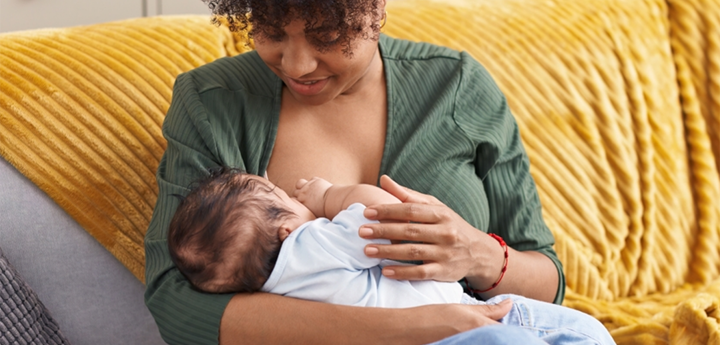
Breastfeeding advice
There are many benefits to breastfeeding your baby. Any amount of breastfeeding is beneficial to your baby. The World Health Organisation (WHO) recommends to breastfeed for at least the first 2 years. Find information on the benefits of breastfeeding, how long to breastfeed for and restarting breastfeeding.
Read more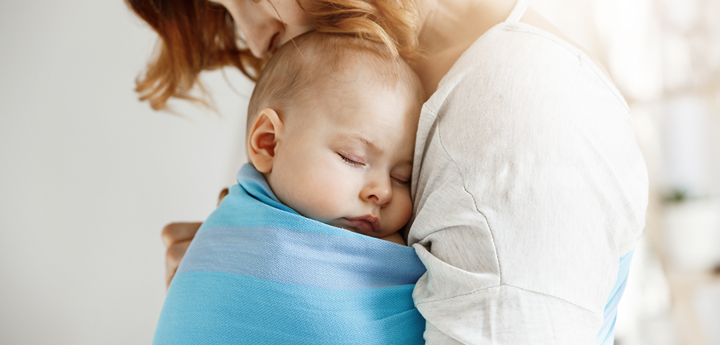
Bottle feeding advice
Bottle feeding refers to feeding baby milk with a bottle. Formula feeding refers to feeding a baby using formula feed milk. Find information on how much to feed your baby, the equipment needed to formula feed and how long to formula feed for.
Read more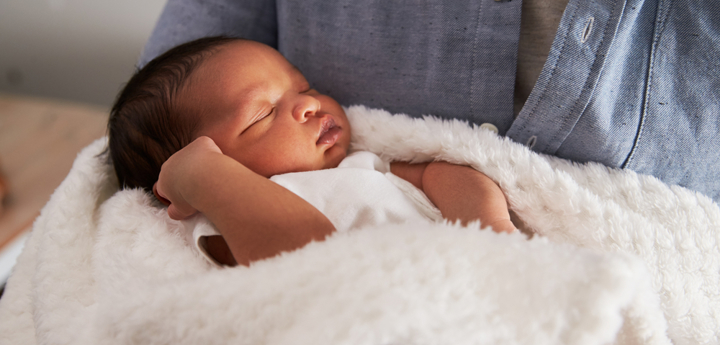
Feeding cues and signs of getting enough milk
Learn about your baby's feeding cues and the signs they've had enough milk. Each baby has their own feeding cues and escalation of feeding cues.
Read more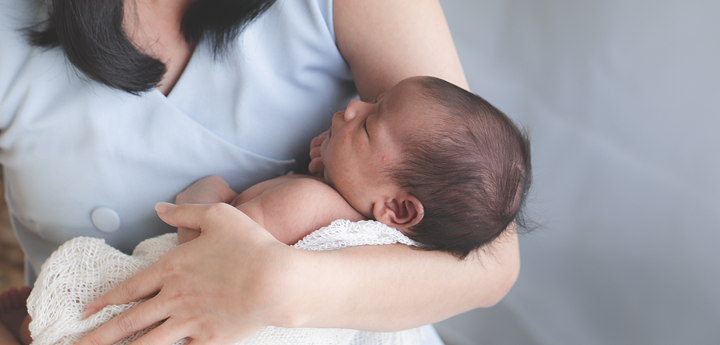
Responsive feeding
Responsive feeding is when a parent responds to their baby’s feeding cues as well as their own want to feed their baby. Learn more about the differences between responsive breastfeeding and responsive bottle feeding.
Read more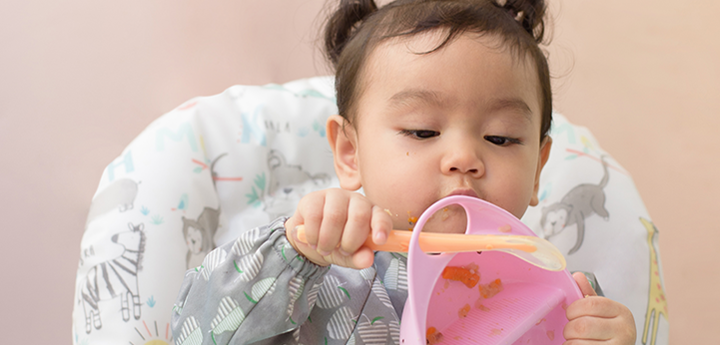
Weaning and introducing solid foods
Weaning is when you steadily introduce solid foods (also known as family foods) to your baby. The two main types of weaning are traditional weaning and baby-led weaning. Find out more information on the common weaning concerns and understand the signs your baby is ready to wean.
Read more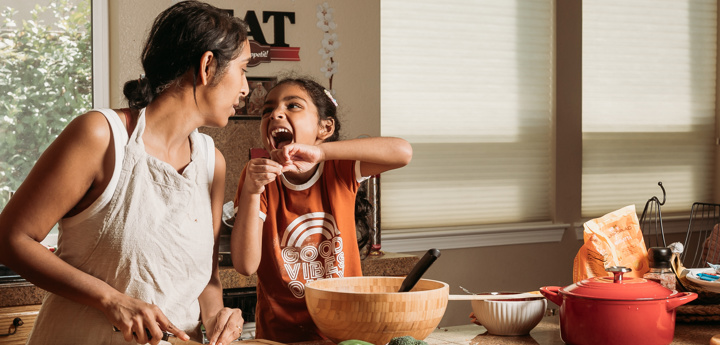
Feeding and eating for additional needs
On this page you will find information and advice for children with additional needs.
Read more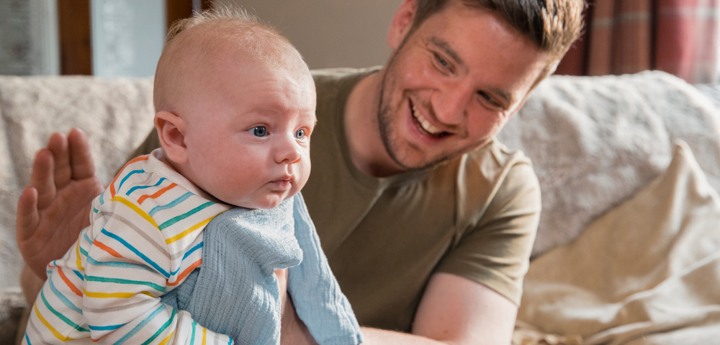
Cow's milk allergy
A cow's milk allergy is when the body’s immune system reacts to the proteins in cow’s milk as if they are harmful. Find information and advice about diagnosing and managing cow's milk allergy in infants.
Read moreFind other pages on feeding and eating
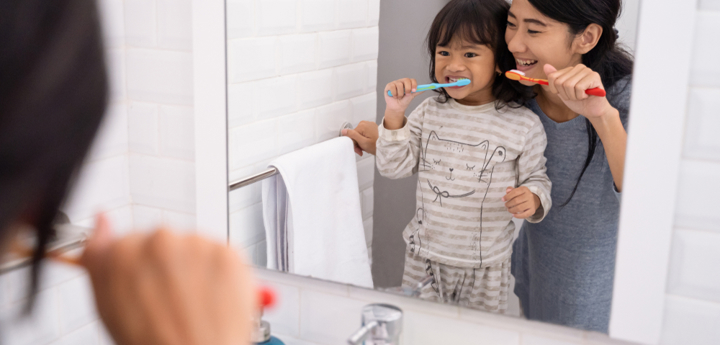
Dental health
It's important to take care of your child's teeth. The best way to take care of their teeth is to brush them for 2 minutes, twice a day. They should also visit a dentist for regular check-ups and try limiting sugary drinks and sweets to mealtimes only.
Read more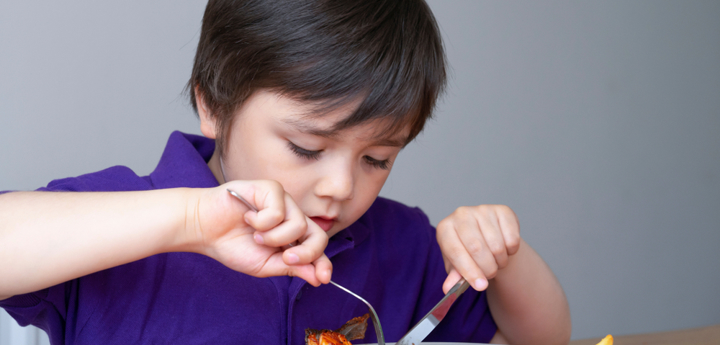
Developing your child's cutlery skills
Some cultures may choose not to use cutlery, but if you do wish to use cutlery, around 2 years old may be a good time to introduce cutlery. We recommend introducing a spoon and fork first. It often takes until around the age of 7 years old for a child to be able to independently use a knife and fork together.
Read more
Feeding and eating for additional needs
On this page you will find information and advice for children with additional needs.
Read moreWho can help
If you have any questions or concerns about your child's eating habits, a health professional in our team will be able to offer advice and support.
You can Call Us on 0300 029 50 50 or Text Us on 07520 649887 to start a conversation.
Open Monday to Friday 9am to 5pm (excluding bank holidays).
